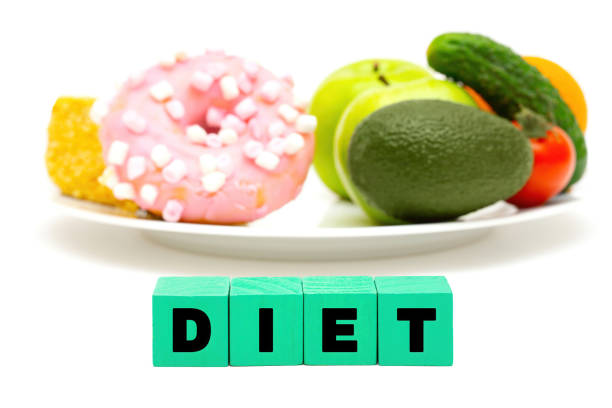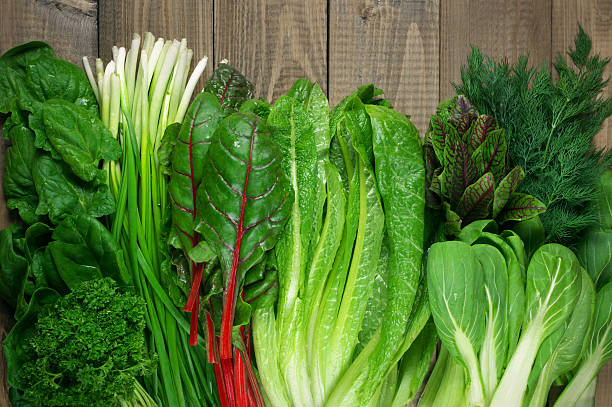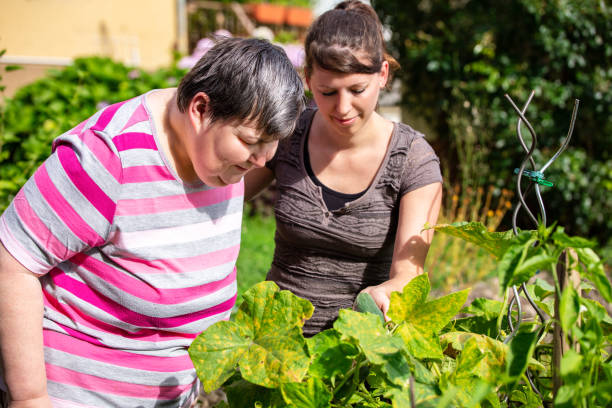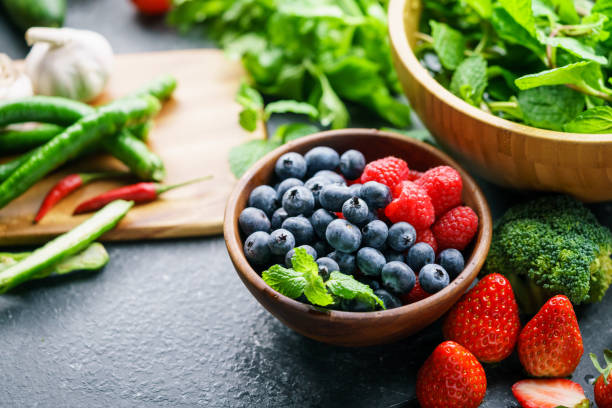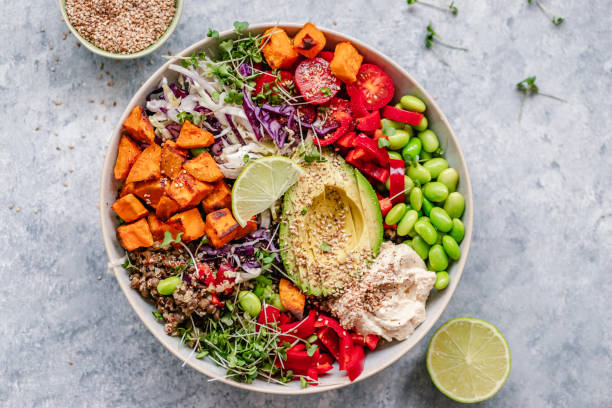Eating a Rainbow: How a Diverse Diet of Fruits and Veggies Boosts Your Mental Health
This post contains affiliate links. I may earn a commission at no extra cost to you if you make a purchase. Note that I’m not a health or outdoor safety professional, so further research is advised. Your support keeps Outdoors A-Z running—thank you! Read the full disclosure.. Read the full disclosure here.
In recent years, there has been a growing interest in the relationship between diet and mental health. Research has shown that consuming a diverse array of fruits and vegetables can have a positive impact on mental well-being. In this article, we will explore the benefits of eating a rainbow of fruits and vegetables and how they can boost your mental health.
Table of Contents
The Importance of a Diverse Diet

What is a diverse diet?
A diverse diet is one that includes a wide variety of different types of food. This means consuming fruits and vegetables in a range of colors and types, as well as other food groups such as whole grains, lean proteins, and healthy fats.
Why is a diverse diet important?
Eating a diverse diet has numerous benefits, including improving overall health, reducing the risk of chronic diseases, and promoting a healthy gut microbiome. But did you know that it can also have a positive impact on mental health?
How Fruits and Vegetables Boost Mental Health
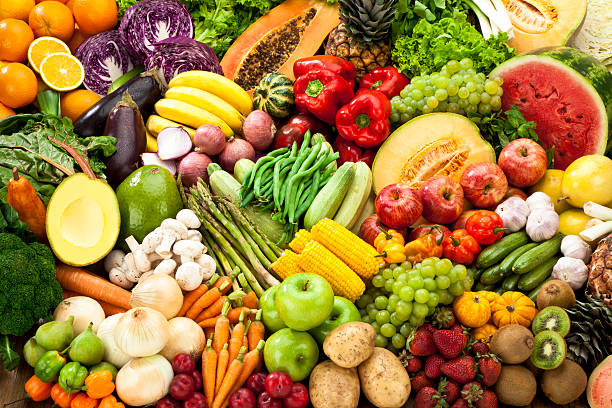
The link between diet and mental health
Research has shown that there is a strong link between diet and mental health. In fact, a poor diet has been associated with an increased risk of depression and other mental health disorders.
Nutrients that promote mental well-being
Fruits and vegetables are packed with nutrients that can help promote mental well-being. For example, vitamin C, found in citrus fruits and berries, has been shown to reduce symptoms of anxiety and depression. Leafy greens like spinach and kale are rich in folate, which has been linked to a reduced risk of depression. And the antioxidants found in colorful fruits and vegetables, such as blueberries and red peppers, can help protect the brain from oxidative stress.
The benefits of eating a rainbow
Consuming a diverse range of fruits and vegetables, in a variety of colors, can ensure that you are getting a wide range of these important nutrients. This is where the concept of “eating a rainbow” comes in. By aiming to eat fruits and vegetables in every color of the rainbow, you can ensure that you are getting a diverse array of nutrients to support your mental health.
Tips for Eating a Rainbow
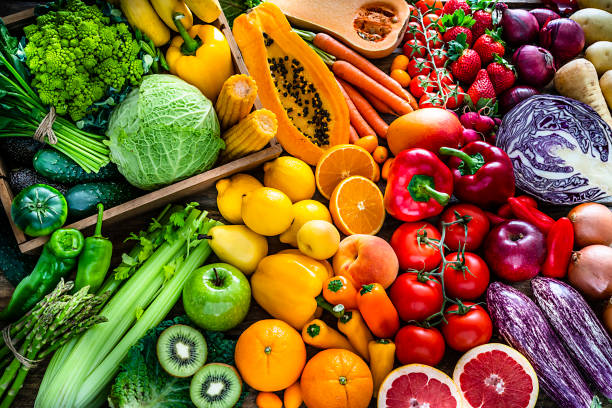
How to incorporate more fruits and vegetables into your diet
If you’re looking to eat a more diverse diet, here are some tips to help you incorporate more fruits and vegetables into your meals:
- Start small: Add a new fruit or vegetable to your meals one at a time to help you get used to new flavors and textures.
- Get creative: Try new recipes and cooking methods to make fruits and vegetables more interesting and appealing.
- Stock up: Keep a variety of fruits and vegetables on hand so that you always have options available.
- Mix it up: Aim to eat fruits and vegetables in a variety of colors to ensure that you are getting a diverse range of nutrients.
Conclusion
Eating a diverse array of fruits and vegetables can have numerous benefits for both physical and mental health. By aiming to “eat a rainbow,” you can ensure that you are getting a wide range of important nutrients to support your mental well-being. So why not try adding some new fruits and vegetables to your meals today?
FAQs
What are the best fruits and vegetables for mental health?
- Citrus fruits and berries are rich in vitamin C, which has been shown to reduce symptoms of anxiety and depression.
- Leafy greens like spinach and kale are rich in folate, which has been linked to a reduced risk of depression.
- Colorful fruits and vegetables, such as blueberries and red peppers, contain antioxidants that can help protect the brain from oxidative stress.
How many servings of fruits and vegetables should I aim to eat each day?
The recommended daily intake of fruits and vegetables varies depending on age, sex, and activity level. As a general rule, aim for at least five servings per day.
What if I don’t like fruits and vegetables?
- Start small and try incorporating small amounts into your meals at a time.
- Experiment with different cooking methods and seasonings to make them more appealing.
- Consider trying new fruits and vegetables that you may not have tried before.
Can eating a diverse diet of fruits and vegetables replace the medication for mental health conditions?
- A healthy diet can be a helpful complement to medication and therapy, but it should not be used as a replacement without consulting a healthcare professional.

